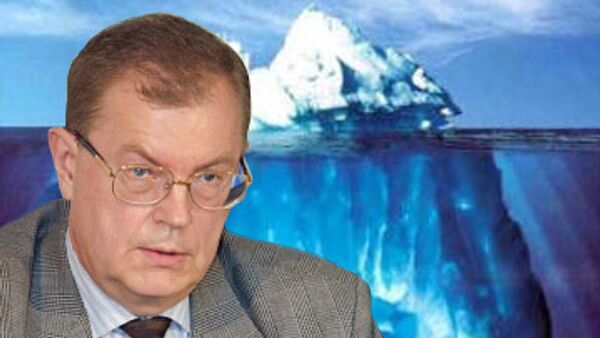A new international agreement to replace the Kyoto environmental protocol will not be signed in 2010, the Russian presidential advisor on climate change has said.
"I think this (the signing of the agreement) will not take place [in 2010]," Alexander Bedritsky said, adding "new knowledge" in the climate sphere did not allow the new climate agreement to copy the Kyoto Protocol.
The Kyoto Protocol is a legally binding agreement restricting carbon emissions, some points of which expire in 2012. A new global climate deal is needed to continue efforts beyond 2012.
Bedritsky said some elements of the existing agreement should be included in the new one, but the new agreement "should become global."
World nations were expected to see the signing of the new agreement to replace the Kyoto Protocol during the controversial UN climate summit, which took place in the Danish capital, Copenhagen, in December 2009. However, the participants in the talks only agreed to try to keep average increases in global temperatures below 2 degrees Celsius.
India, China and other emerging economies have not undertaken any obligations concerning the reduction of carbon emissions. The United States said it would not participate in the agreement until at least 2013. The county considers that climate change should be tackled by modern technologies, not cuts in carbon emissions stipulated by the Kyoto Protocol.
Berditsky said the next international discussions on the new agreement will take place in the German city of Bonn in June, but said countries were unlikely to reach an agreement during the talks.
However, he said, it was possible that a draft agreement was approved during the next UN climate summit, which would take place on November 29-December 29 in the Mexican city of Cancun.
Then, he said, countries could discuss the "concrete" text of the agreement during a climate conference in the Republic of South Africa in 2011.
Earlier this month, Russian President Dmitry Medvedev said the country will pull out of the Kyoto Protocol if a compromise cannot be found concerning the reduction of carbon emissions.
"All countries, including developed and developing economies, should reach an agreement, or, if we do not agree on this [the common terms of carbon emissions reduction], Russia will not prolong its participation in the Kyoto agreement — you cannot have it both ways," he said.
MOSCOW, April 26 (RIA Novosti)


